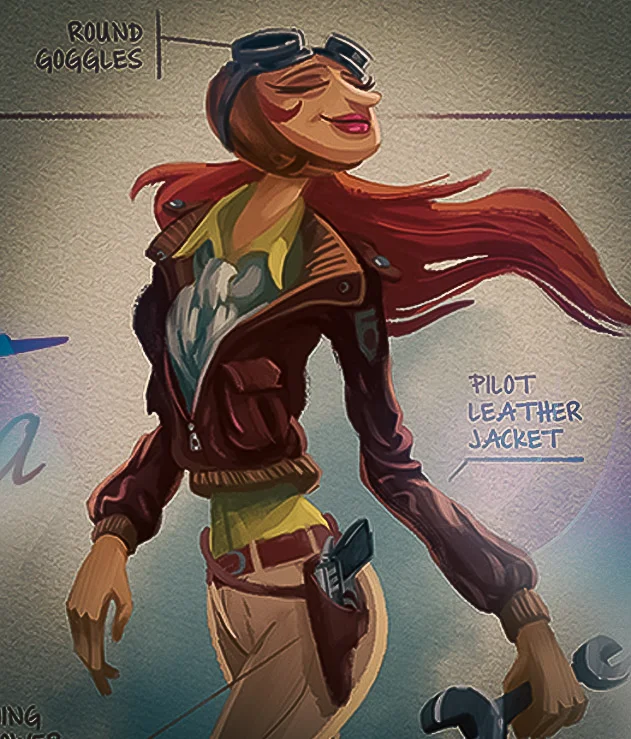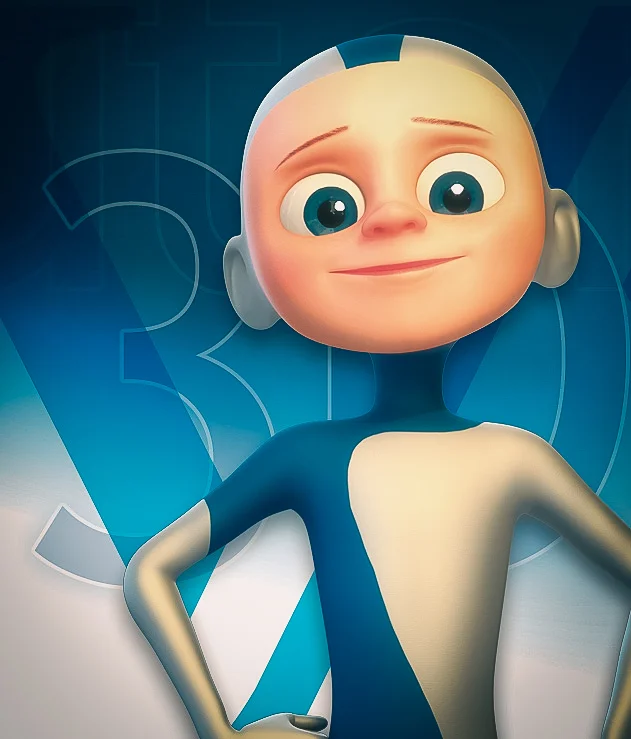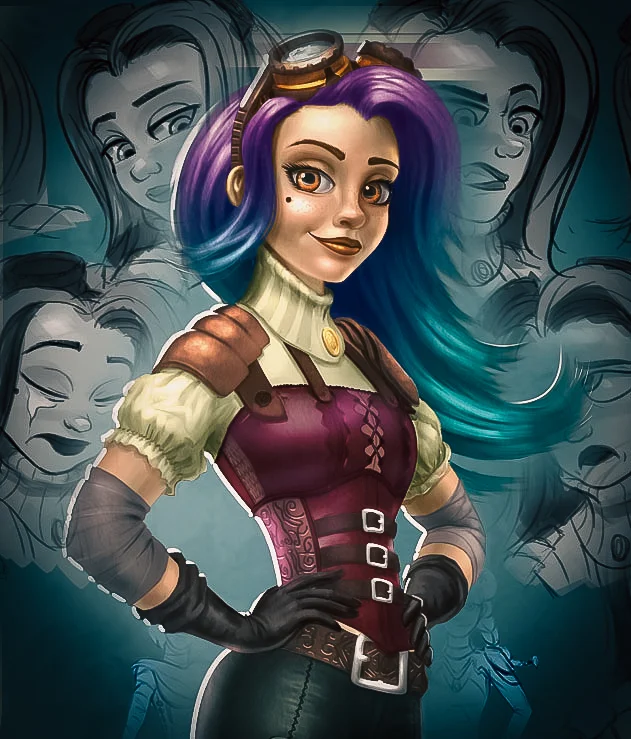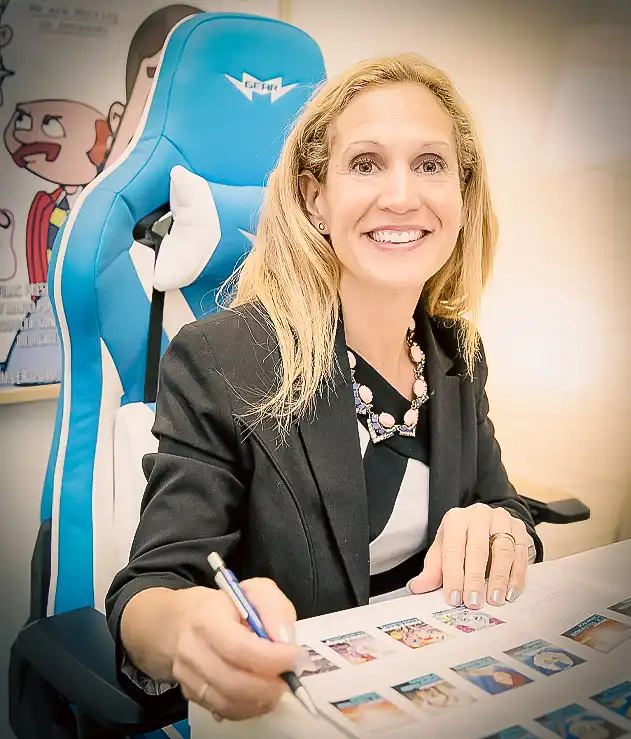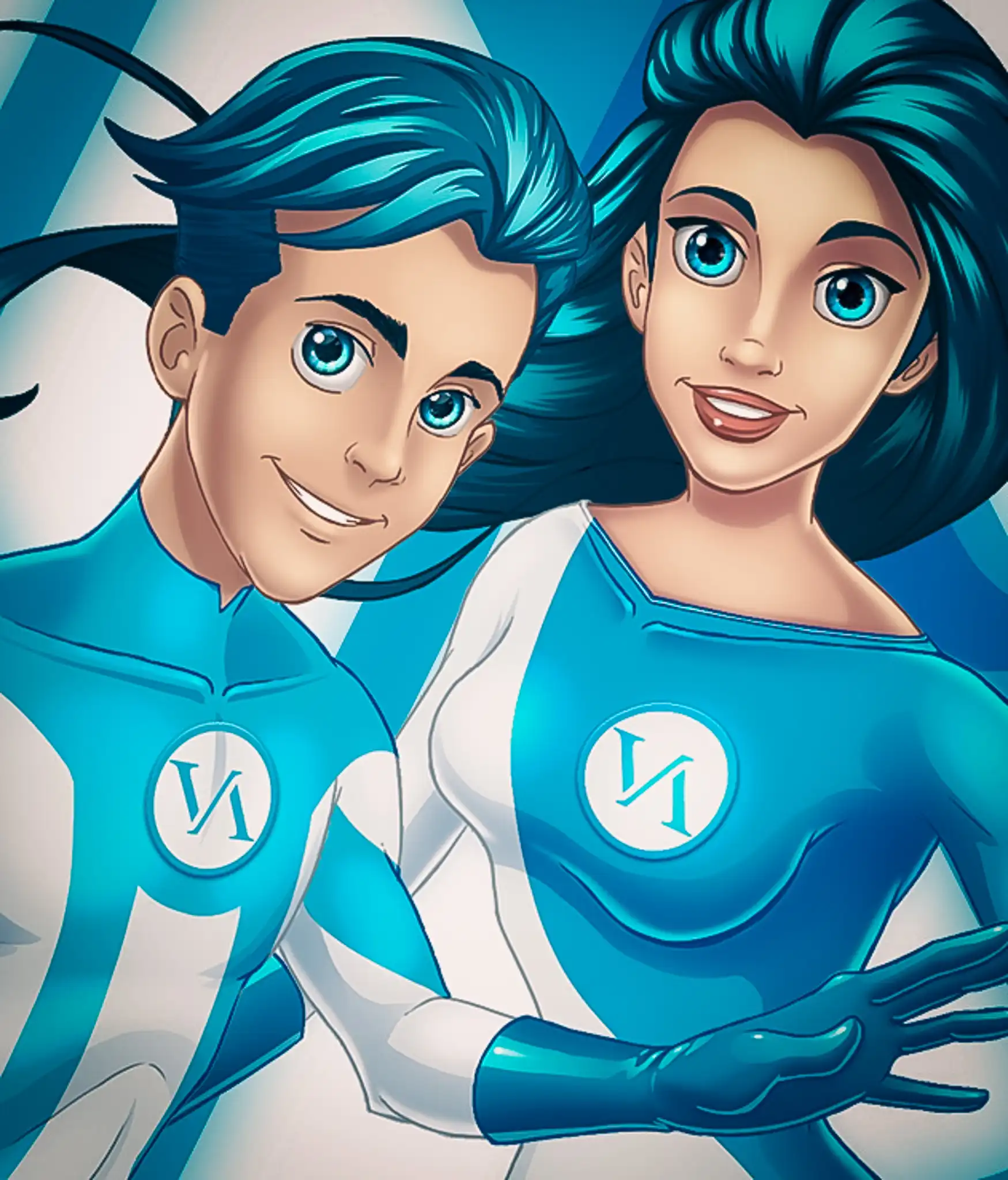 Image: Ailey Daily. (Motion Array)
Image: Ailey Daily. (Motion Array)
Why Learn Virtual Reality?
In the last decade, virtual reality (VR) has leapt from the fringes of tech experiments into mainstream applications, impacting everything from entertainment and gaming to education and healthcare.
As VR technology continues to evolve, its influence only expands, beckoning a new wave of creators, developers, and innovators. However, why should someone learn virtual reality? Let's explore the compelling reasons to dive into VR, and highlight the opportunities it creates, and discuss how institutions like VANAS online Animation School are pivotal in shaping the future VR specialists.
Unpacking the Appeal of Virtual Reality
A Gateway to Diverse Industries
Virtual reality is not just about gaming; it's a transformative technology with applications in numerous fields. Architects use VR to visualize buildings in three dimensions, medical professionals train with VR to perform surgeries, and educators use it to enhance classroom learning.
Learning VR skills opens doors to diverse career paths and industries seeking to adopt this cutting-edge technology.
Enhanced Creative Expression
VR offers an unprecedented level of interactivity and immersion, making it a powerful tool for storytellers, artists, and designers.
Whether creating immersive art installations or crafting narratives that let viewers explore story worlds in 360 degrees, VR pushes the boundaries of creative expression.
Competitive Edge in the Job Market
As more companies invest in VR, the demand for skilled professionals grows. Having VR expertise not only sets you apart from other candidates but also positions you as a forward-thinking individual ready to tackle future technological challenges.
The Impact of VR on Society and Industry
Revolutionizing Training and Education
Virtual reality introduces an innovative, effective way of learning that can be more engaging and impactful than traditional methods.
For instance, VR simulations can provide hands-on experience in a controlled, repeatable environment, ideal for high-risk training scenarios like flight simulation or medical emergency response.
New Dimensions in Consumer Experience
The ability to offer immersive experiences provides companies with a unique way to engage consumers.
From virtual try-ons in fashion retail to test-driving cars on simulated roads, VR is changing how companies interact with their customers, offering more personalized and engaging experiences.
Expanding the Frontiers of Technology
As VR continues to evolve, it pushes the boundaries of what's possible in other fields like augmented reality (AR) and mixed reality (MR).
The skills learned in VR development are often transferable, providing a foundation for working with other emerging technologies.
Why Learn VR at VANAS?
VANAS (Vancouver Animation School) is at the forefront of digital education, offering specialized courses in virtual reality that are designed to prepare students for the demands of this dynamic field. Here’s why VANAS stands out:
- Industry-Relevant Curriculum: Courses at VANAS are designed with input from industry professionals to ensure they meet the latest industry standards and trends.
- Hands-On Learning: VANAS provides practical, hands-on training that helps students build a robust portfolio of VR projects.
- Flexible Online Format: With its fully online format, VANAS allows students from all over the globe to learn at their pace and convenience, making advanced education in VR more accessible than ever.
Getting Started with VR: Tools and Tips
To start with virtual reality, you'll need the right tools and a keen spirit of exploration:
- Choose the Right Hardware: Investing in a good VR headset, like the Oculus Rift or HTC Vive, is essential for experiencing and creating in VR.
- Learn the Software: Familiarize yourself with VR development platforms like Unity or Unreal Engine, which are commonly used to create VR content.
- Stay Updated: The VR field is rapidly evolving, so staying informed about the latest trends, tools, and techniques is crucial.
Frequently Asked Questions
How long does it take to learn virtual reality?
The time it takes to learn VR can vary based on your background and commitment. Basic VR principles can be understood in a few months with intensive study, but mastering the tools and techniques for professional application may take longer.
What are the prerequisites for learning VR?
A basic understanding of computer programming and 3D modeling can be beneficial, though many entry-level courses and tutorials are designed for beginners without this background.
Is a career in VR financially rewarding?
Yes, as the demand for VR professionals grows, so does the potential for lucrative career opportunities. VR developers and designers are highly sought after in various industries, often commanding competitive salaries.
Can I learn VR online?
Absolutely, there are numerous online courses and programs available that offer excellent VR training. VANAS, for instance, offers a comprehensive online course tailored to aspiring VR professionals.
What kind of projects can I work on as a VR professional?
VR professionals work on a wide range of projects, including video games, virtual tours, educational programs, and interactive marketing campaigns.
Learning virtual reality opens up a world of possibilities and is a wise investment in your future. Whether you're looking to enhance your career prospects, unleash your creative potential, or simply be part of the next technological revolution, VR offers a pathway filled with opportunities.
With resources like VANAS, you can gain the skills necessary to not just participate but actively shape this exciting technology landscape. Dive into VR, stay inspired, and create groundbreaking experiences!

